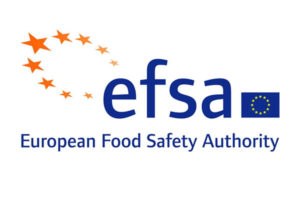European Food Safety Authority (EFSA)
14 February 2024
The European Food Safety Authority (EFSA) is an public agency that provides scientific advice and technical support for EU legislation in all fields that have a direct or indirect impact on food and feed safety. Its mandate thus covers topics such as GMOs, pesticides or food contact materials. Although its work is essential for European lawmakers, in order for them to be able to draft legislation that protects consumers’ health, EFSA faces two recurrent criticisms, voiced by both civil society representatives and members of the European Parliament. They concern the agency’s questioned independence from the agro-food industry, as well as to the lack of transparency regarding its methods of analysis.
Indeed, considering that most data and studies that EFSA relies upon in the evaluation of authorisation dossiers are paid, executed or sponsored by the applicant for the authorisation, concerns regarding the transparency and independence of these data and studies can legitimately be raised. Furthermore, most of the data and studies used during the risk assessment are kept secret through confidentiality agreements with regulators. Yet, as Corporate Europe Observatory researcher Martin Pigeon puts it:
Transparency isn’t only needed to improve public confidence in EFSA’s work but also in order to ensure EFSA’s assessments are based on sound science. A fundamental principle of science is replicability: the methodology and results of the industry tests need to be made public so that other scientists can replicate the test and see if they get the same result. Yet apparently, we are supposed to take industry’s results – which we can’t even see – on faith. This is unreliable and intolerable.
EFSA’s independence from the agro-food industry’s interests was also questioned due to the fact that many of its board members and panel scientists are linked somehow to the food industry. Many NGOs as well as members of the European Parliament have therefore made the case for stricter rules aimed at preventing dubious conflicts of interests.
Answering to the need to address the lack of transparency and independence of EFSA, the European Commission has taken the initiative to amend the General Food Law.
As a representant of consumer’s interest and as a member of:
- EFSA’s Stakeholder Discussion Group on Emerging Risks,
- EFSA Technical Group on Database of Notification of Studies,
- EFSA Stakeholder Sounding Board for the implementation of the revised General Food Law,
SAFE applauds this initiative and encourages the strict application of this new regulation, in order to strengthen the transparency and independence of the risk assessment carried out by EFSA.
[ezcol_1third][/ezcol_1third]
[ezcol_1third][/ezcol_1third]
[ezcol_1third_end][/ezcol_1third_end]
Find publications on this topic here :




